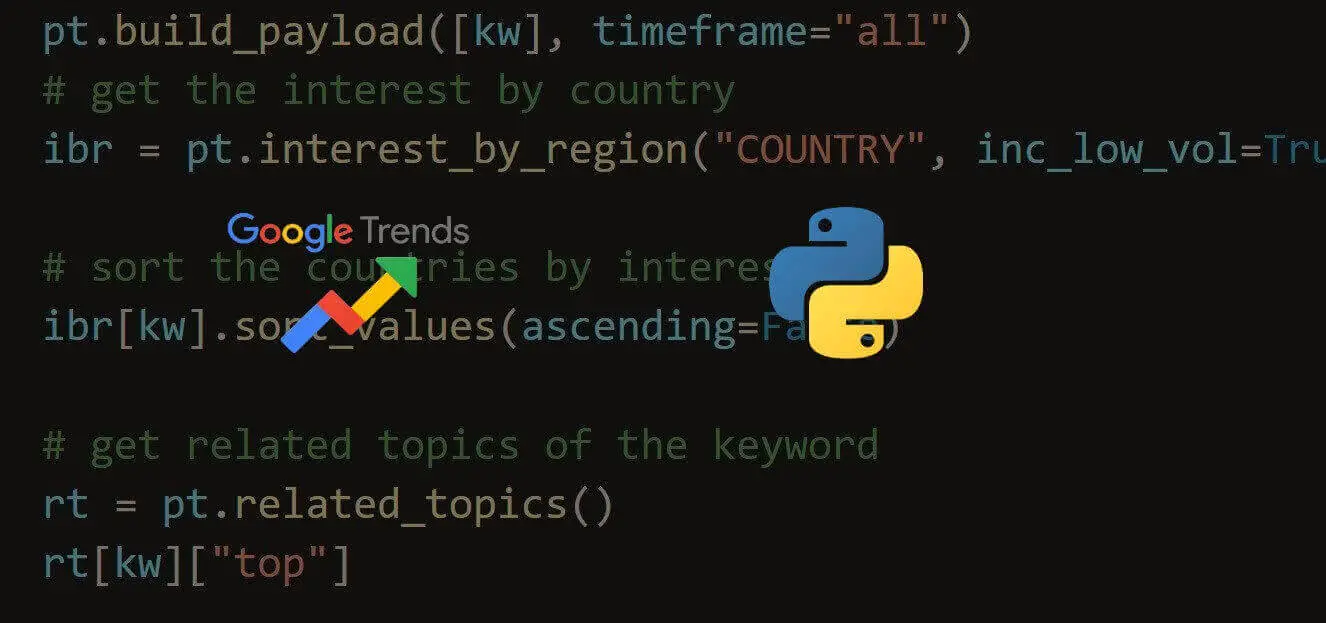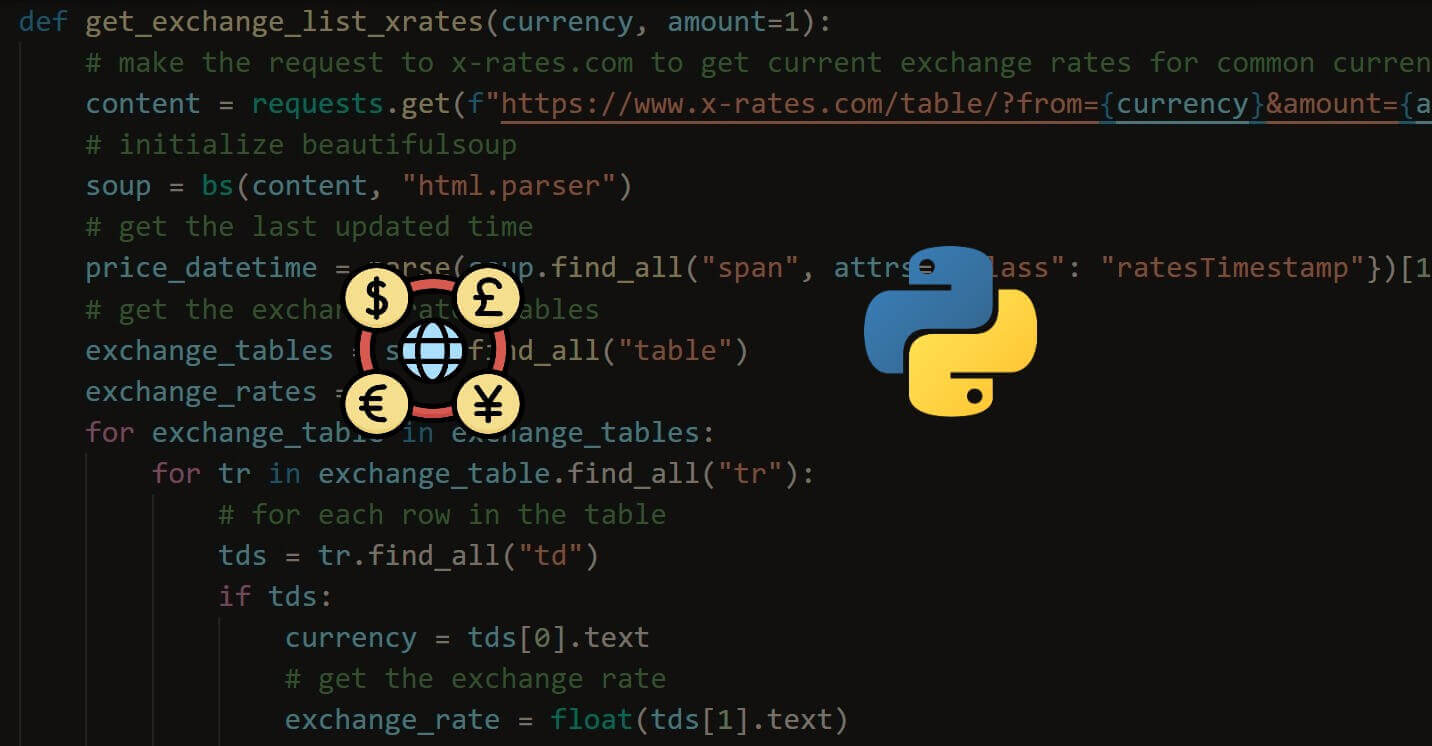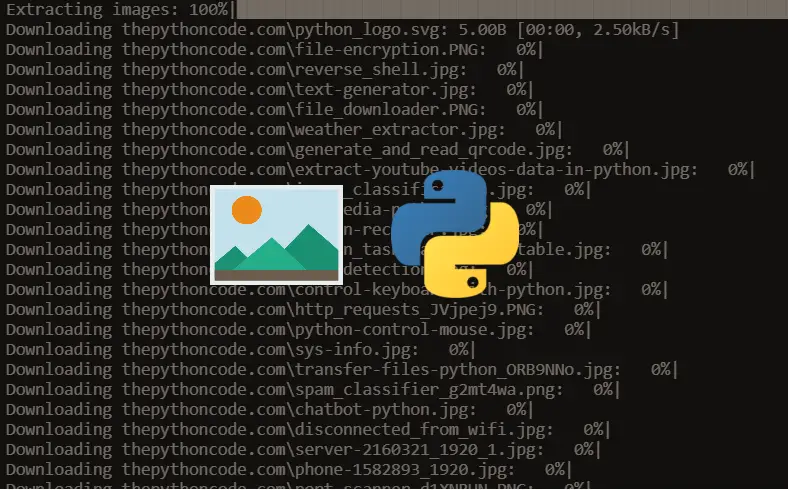Welcome! Meet our Python Code Assistant, your new coding buddy. Why wait? Start exploring now!
JavaScript and Python are currently the most popular programming languages overall, but at the same time, they are also the top choices for web scraping. The data extraction discipline is developing fast as both small and large organizations rely on these practices to get valuable information that drives them forward.
Even though the capabilities of scraping bots are getting more refined, there are more complexities involved. Web scrapers are becoming specialized and designed for different kinds of uses. In other words, when choosing a web scraping service or building your scraper, you will have a lot of things to consider.
This article will discuss which programming language you should choose for scraping and when.
What is Web Scraping?
Web scraping, web crawling, or data extraction are the terms that describe the process of gathering valuable data from web pages. It's an automated process involving large amounts of data. When browsing the web and downloading some page, text, or image, you could say that's manual web scraping.
However, doing this manually doesn't make sense as it requires much time and effort. Scraping bots can do this much faster and deliver data in a structured fashion so that you can easily use it for analysis.
Web scrapers are software tools designed to help you with this process, but these tools come with different functionalities, capabilities, and features. Apart from the design, these factors depend on the coding language used for their development.
About Python
Python is widely known as a scraping language because of its comprehensive capabilities and flexibility. You can use it for almost all web-crawling efforts without a hitch. At the same time, it's both simple to learn and great for beginners.
Python is effective for simple data-extracting processes and is also suitable for more complex applications. One of the most used frameworks for scraping is BeautifulSoup, which is based on Python. It's straightforward to use and makes tasks like parsing, searching, and navigation a piece of cake.
Python web scraping tools are effective at simulating human behavior, accurate scraping, and data targeting. If you're interested in the technical side of Python web scraping, read the full blog post here.
What is JavaScript?
JavaScript is the most popular web language, and one of the reasons for this is NodeJS. It's a modern and simple language originally developed to allow dynamic functionalities to websites accessed via a browser.
When someone visits a website, the browser analyzes the JavaScript and transforms it into a code the computer can process. Node.JS is a JavaScript tool that allows it to run server-side and client-side processes. It can create network applications and run them very quickly.
In other words, Node.JS gives JavaScript the capabilities needed to create server-side scripts. That helps scrapers quickly go through sites with dynamic structures and extract information without any problems.
How do the Two Compare?
Python
Pros:
- Python is excellent for both beginners and experienced programmers. Dynamic typing makes it easy to find the right features and functionalities and, combined with a simple syntax, provides a great learning curve.
- Python has a great community with many libraries and tools. In other words, no matter what problem you encounter, you can find answers and the right technical solutions to execute solutions.
- Python can support various task management approaches, including asynchronous programming, multiprocessing, and multithreading. The combination of these approaches makes Python really efficient.
Cons:
- Compared to C++ and other statically typed coding languages, Python has a slower performance.
- The Global Interpreter Lock in Python makes it more challenging to scale projects properly, and some tasks have slower execution.
- Dynamic pricing can sometimes lead to mistakes.
JavaScript
Pros:
- JavaScript is very fast with optimized memory usage and can work with multiple simultaneous web requests.
- All of the libraries written for Node.JS for native use can also improve the development workflows, leading to faster outputs.
- JavaScript has a rich community with many Node.JS packages that can provide valuable tools for easier and quicker use.
Cons:
- Node.JS's event-driven and single-threaded nature offers lower performance when working with demanding GPU computing tasks. However, users can solve this with the "worker threads" module.
- The asynchronous approach involves a lot of callbacks, which can cause complex callback "pile-ups" that go into several layers and make the code difficult to maintain and understand.
- JavaScript is also a dynamic language, meaning potential bugs can happen during runtime.
Conclusion
In the end, Python web scraping solutions are more popular because of a larger community and the Beautiful Soup library, which makes them easy to use. Still, Python is often avoided when there's a need to scale large projects.
On the other hand, JavaScript might be a good choice for people who already know this language and would like to use it for scraping. The differences are subtle, and it all comes down to personal preference and knowledge.
Learn also: How to Extract All Website Links in Python.
Happy coding ♥
Finished reading? Keep the learning going with our AI-powered Code Explainer. Try it now!





Got a coding query or need some guidance before you comment? Check out this Python Code Assistant for expert advice and handy tips. It's like having a coding tutor right in your fingertips!